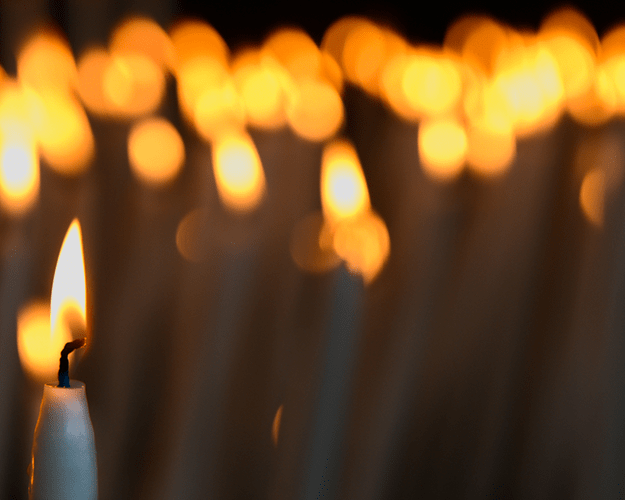Expert, Dr Cantwell-Bartl provides insight into dealing with the loss of a loved-one.
On the 18th of July, Australia woke to the tragic news that Malaysia Airlines MH17 had crashed.
As the day evolved our hope had been quashed to hear the news of any survivors.
All 298 passengers on board, including 38 Australians, had perished.
While the fatal incident remains in our hearts and minds, many that watched the news were merely spectators. Others, family members, loved ones and friends of those that had perished were left with the shock and grief.
As the Dutch Safety Board attempts to join piece by piece of the incident, their reports will do little to quash the pain felt by those remaining with loss. Those who will now have to pick up the pieces and face the reality of life potentially without their nearest and dearest.
“They’ll be experiencing a variety of symptoms. They’ll be overwhelmed with sorrow. They’ll yearn for the person to come back. They could feel anxiety or feel that the world isn’t a safe place anymore,” says Dr Annie Cantwell-Bartl, psychologist and grief and loss specialist.
However, while we may not be able to comprehend what it would be like to lose someone in the fatal crash, many of us understand loss, or know someone dealing with such circumstances.
Helping those in grief
Dr Cantwell-Bartl believes the first step to helping those in need is to reach out.
“It can be as simple as going over and having a cup of tea with them,” she says.
Other ways include cooking a meal or leaving a flower on their desk in the morning at work.
Most importantly, Dr Cantwell-Bartl advises to keep a steady eye on those suffering.
“If they maintain pain over several months then the person needs professional help,” she says.
Dealing with loss
Some may wish to take the reins and deal with grief in their own way and there are several steps that can make the process a little easier.
The first step is to reach out to your support network.
“People need a lot of support, be it from families, friends or communities,” she says.
“Contact people and be honest about your feelings. Ask people over or reach out to the community and admit you need assistance.”
The second is to be aware that dealing with grief is a long journey.
“Be understanding with yourself and the emotions you experience,” she says.
To achieve this, many mourners need closure which can be difficult if your loved one or their remains do not return.
“There’s the possibility of creating a ritual to give you the closure you’d usually experience with a funeral,” Dr Cantwell-Bartl says.
There are also certain rituals one can incorporate into their everyday lives to assist with the journey.
“Light a candle each month, on the anniversary, at home,” Dr Cantwell-Bartl says. “Feel free to place a picture of them where it suits you best. Anything that feels good for you.”
The most crucial aspect of grief is to never lose hope.
“It’s Ok to feel sorrow because that’s the price we pay for love,” she says.









